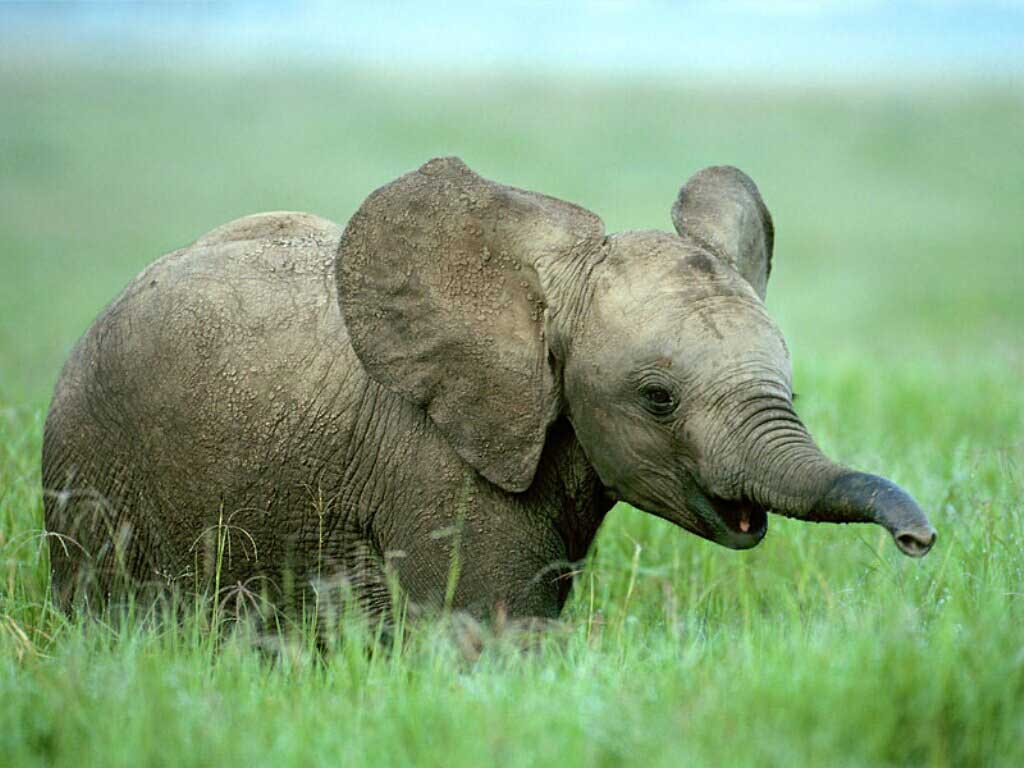Source google.com.pk
Elephant Love Humans
The most important thing in the world to a baby elephant is its mother and its extended family. Female elephants are particularly vulnerable to psychological despair having lost their natural family. Young bulls are more resilient, mainly because female family members will be bonded together for life by emotional attachments that are lasting and strong. Young bulls leave their natal family at puberty, preferring the company of other young bulls, and emulating the example of high ranking dominant males within the elephant society. That said, however, bulls will never forget their female elephant family, even though it is very normal for young bulls to develop a "hero-worship" on the dominant males within their society, to learn from them what elephants need to know in order to limit conflict. Elephants fight seriously only when evenly matched in age, rank and tusk size. Such encounters between such powerful contestants often prove fatal to one, and sometimes both parties, so it crucial therefore for a bull elephant to understand his place within the male rank hierarchy.
In infancy, the family lost to the orphaned elephants must be replaced by a human equivalent i.e. enough Keepers to represent a “family”. It is imperative to take care of the mind of the orphan as well as the physical aspect, so that they grow up psychologically stable. If they are psychologically unstable and neurotic they will not be welcomed into the wild herds and risk rejection. The psychological aspect of hand-rearing elephants is just as crucial as everything else, the human Keepers substituting for the orphan’s lost elephant family, with the babies 24 hours a day, traveling with them as a group during the day, and sleeping alongside them within their stable at night. During early infancy the Keepers must be in physical contact at all times, replacing the contact the baby would have enjoyed from its elephant family. It is also important to rotate the Keepers so that a different Keeper sleeps with a different elephant each night in order to avoid any strong attachment to just one person. This proves counter-productive and plunge the elephant into grieving when that person has to take time off. Psychological grief can trigger life threatening physical problems such as diarrheoa in the infant elephant orphans, who are essentially extremely fragile during their milk dependency.
Elephants are tactile and highly social animals, so the human "family" is encouraged to fondle the babies gently, talk to them and demonstrate genuine heartfelt affection, as would their elephant family. Elephants can read a person's heart and mind, so it is important that such affection is sincere and not just a facade.
Elephant

Elephant

Elephant

Elephant

Elephant

Elephant

No comments:
Post a Comment